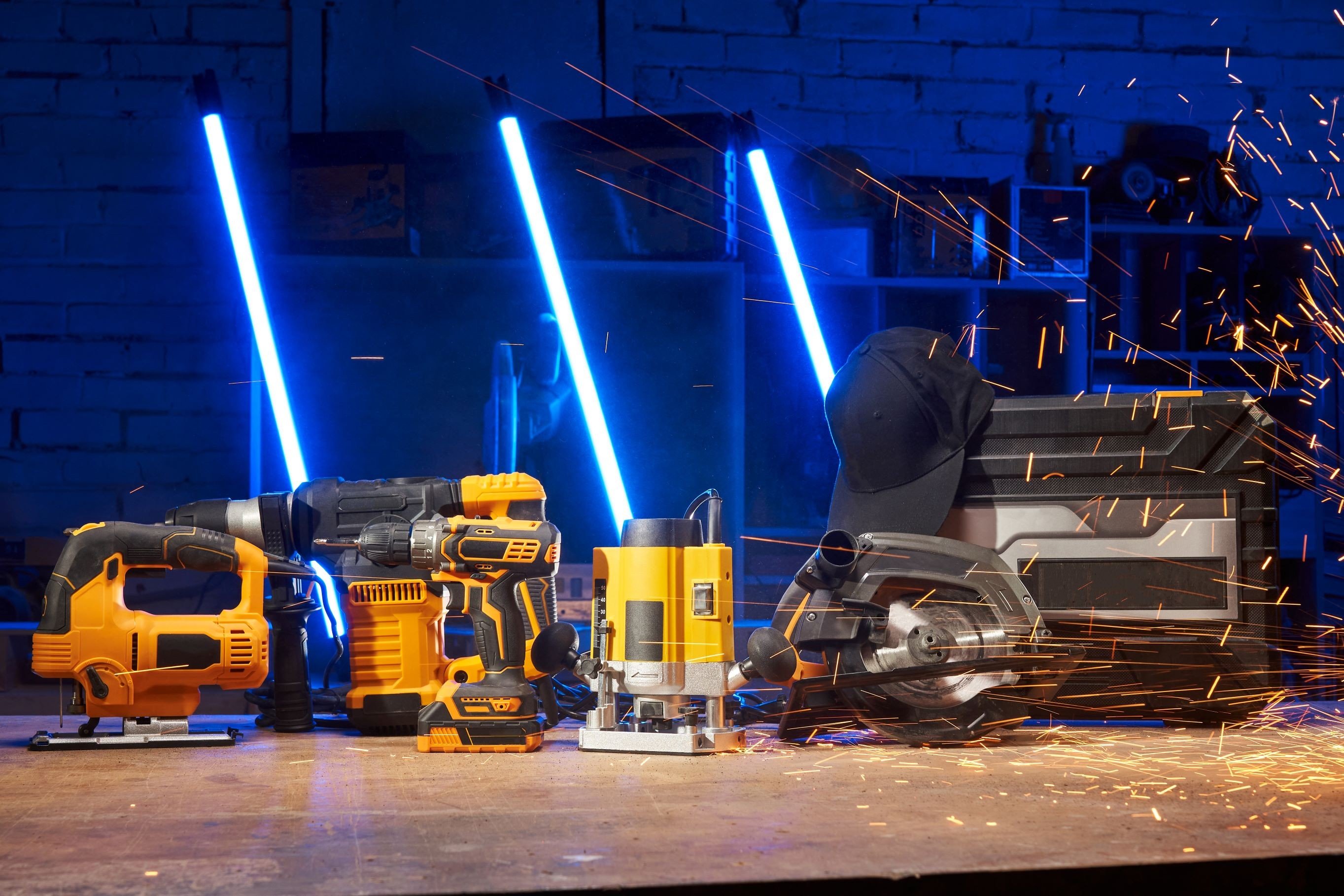Mitering Saw Tools To Make Your Everyday Lifethe Only Mitering Saw Tri…
페이지 정보
작성자 Maurine Poindex… 작성일 25-11-12 19:33 조회 5 댓글 0본문
The Comprehensive Guide to Mitering Saws: Your Essential Carpentry Companion
When it comes to woodworking and carpentry, having the right tools is essential for achieving precision and efficiency. Among the myriad tools offered, the mitering saw, typically referred to as a miter saw, stands apart as an essential instrument for both professionals and DIY enthusiasts. This post dives into the intricacies of mitering saws, including their types, functions, typical applications, upkeep pointers, and answers to often asked questions.
What is a Mitering Saw?
A miter saw is a power tool utilized to make accurate crosscuts and miters in a workpiece. It runs by turning a circular blade downwards onto the material to make precise cuts at specified angles. This tool is vital for tasks that require accuracy in cutting angles, such as framing, molding, and kitchen cabinetry work.

Key Features of Mitering Saws
Mitering saws come with a variety of features that improve their functionality. Below is a table summarizing some typical features:
| Feature | Description |
|---|---|
| Blade Size | Normally varies in between 8 inches and 12 inches. Larger blades can cut thicker products. |
| Miter Angles | Typically adjustable from 0 to 50 degrees in both instructions, enabling flexible cuts. |
| Bevel Functionality | Lots of designs provide single or dual bevel alternatives, allowing angled cuts on both sides of the workpiece. |
| Laser Guide | Provides a visible line for accurate cuts, improving precision and lowering mistakes. |
| Dust Collection Port | Developed to help decrease debris and improve work area tidiness. |
| Safety Features | Consists of functions like electric brakes and security guards for user protection throughout operation. |
Types of Mitering Saws
Mitering saws can be categorized into 3 primary types, each serving different cutting needs:
Standard (Chop) Miter Saw: The most basic type, it enables straightforward crosscuts and angled cuts. However, it does not have the capacity to bevel, which limits its flexibility.
Compound Miter Saw: This type can tilt to produce angled cuts on one side (single bevel). It's perfect for cutting crown moldings and other ornamental products.
Sliding Compound Miter Saw: The most flexible choice, it includes a sliding arm that allows the blade to return and forth. This allows users to cut broader products without needing to rearrange them.
Here's a concise contrast of these types:
| Type | Bevel Capability | Sliding Capability | Best Mitre Saws For |
|---|---|---|---|
| Requirement Miter Saw | No | No | Standard crosscuts and angled cuts. |
| Compound Miter Saw | Single Bevel | No | Crown molding and small trim work. |
| Sliding Compound Miter Saw | Dual Bevel (some models) | Yes | Wide baseboards and bigger workpieces. |
Typical Applications of Mitering Saws
Miter saws are incredibly flexible and find applications in different domains:
- Framing: Constructs walls, roofings, and other structures.
- Molding: Cuts numerous shapes and sizes for trim and ornamental accents.
- Cabinetry: Accurate cuts for door frames, shelving, and kitchen cabinetry.
- Floor covering: Ensures precise cuts for hardwood, laminate, and tile flooring setups.
Upkeep Tips for Mitering Saws
To extend the life-span and efficiency of a miter saw, appropriate upkeep is important. Here are some essential maintenance ideas:
Regular Cleaning: Remove built up dust and debris after each use, specifically from the blade and surrounding locations.
Blade Maintenance: Inspect the blade for dullness and nicks. Routinely hone or change it to preserve cutting performance.
Lubrication: Apply lubricant to the pivot points and sliding mechanisms to guarantee smooth operation.
Calibration: Periodically check and calibrate the miter and bevel settings for accuracy.
Examine Cords and Connections: Ensure that power cords are intact and connections are safe to avoid electrical dangers.
FREQUENTLY ASKED QUESTION: Mitering Saws
1. What is the distinction in between a miter saw and a table saw?
Miter saws make angled cuts and crosscuts at particular lengths, while table saws are mainly utilized for straight cuts on bigger sheets of product. Miter saws are more portable and ideal for specifically angled cuts.
2. Can I utilize a miter saw for rip cuts?
While it's technically possible to carry out rip cuts on a miter saw, it's not suggested. A table Mitre Saw UK is created particularly for rip cuts and will provide more precision and safety.
3. What size miter saw should I pick?
The size of the miter saw must depend upon the jobs you prepare to undertake. For general use, an 10-inch design will be adequate, while specialists or those working on larger jobs might go with a 12-inch model.
4. Are miter saws safe to utilize?
Yes, miter saws are safe when used properly. Constantly follow the maker's standards, wear suitable safety equipment, and utilize the saw's security features.
5. How can I make sure accurate cuts with a miter saw?
To accomplish accurate cuts, ensure your material is strongly protected, utilize a sharp blade, calibrate your miter and bevel settings before use, and follow a constant cutting strategy.
The mitering saw is a fundamental tool that every woodworker must have in their toolbox. Whether you're an amateur handling your very first DIY job or a seasoned professional tackling elaborate designs, understanding the performance and upkeep of mitering saws can significantly boost your workmanship. By picking the ideal type of saw for your requirements and adhering to Best Miter Saw practices for upkeep, you can guarantee success in your woodworking undertakings.
댓글목록 0
등록된 댓글이 없습니다.


